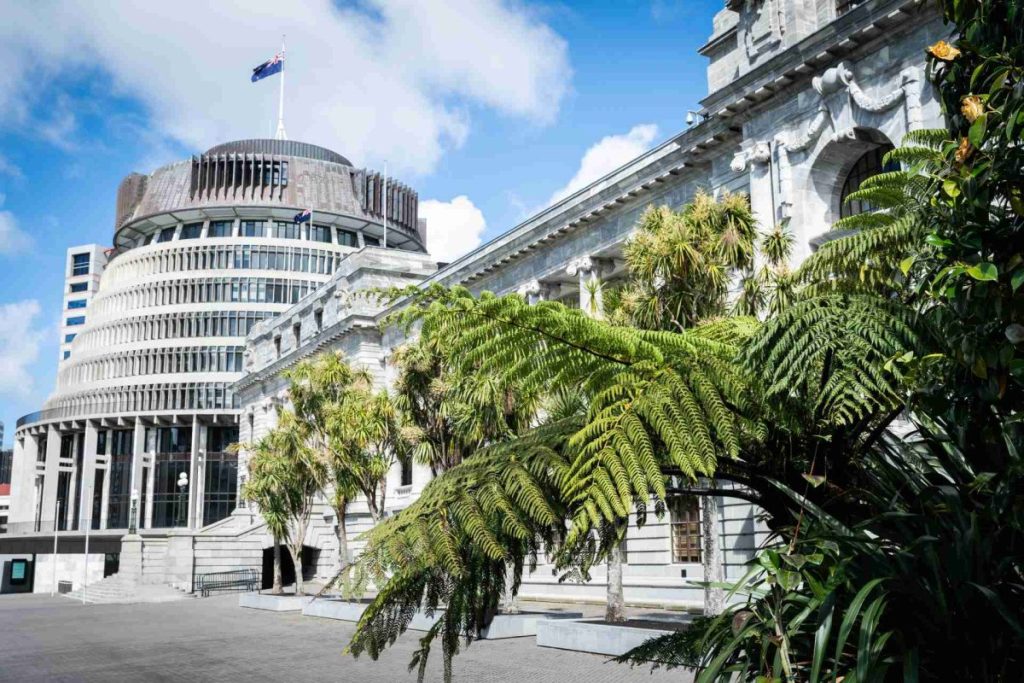Residential gas grows costly

Gas appliances in New Zealand homes are fuelling serious health risks and billions of dollars in costs, according to new research released by the Energy Efficiency and Conservation Authority (EECA).
The Health Impacts and Costs of Indoor Combustion in Aotearoa report, which also looks at the health impacts of combustion appliances – such as gas stoves, unflued gas heaters, and wood burners of all types – has been welcomed by the New Zealand Green Building Council.
“There’s now a mountain of evidence showing gas in our homes is a major health issue. The report, commissioned by the government, adds local proof that we must take action,” says Sam Archer, Director of Market Transformation at the New Zealand Green Building Council (NZGBC). “Regulators must work with industry to electrify all homes and protect Kiwi families.”
“Gas belongs outside with the BBQ, not inside with the kids.”
Modelling by Emission Impossible Limited and Resource Economics shows that harmful gases from gas cooking contribute to more than 200 premature deaths and 3,000 additional asthma cases in Aotearoa each year.
These health impacts cost more than $3 billion annually, including $47 million in direct costs to the health system. Unflued gas heaters, used as the primary heat source in approximately 45,000 homes, alone incur nearly $13 million in annual health costs.
“More than ever, there is now a very clear response to this report – it’s time to put a stop to new gas connections. Our homes do not need gas or gas appliances. Electric alternatives are available, increasingly affordable, and cheaper to run. Ignoring the mounting evidence on the impact of gas in our homes is just plain irresponsible,” Sam Archer says.
Despite the evidence, thousands of new homes are still being connected to the gas network each year.
“It’s staggering that we’re still expanding gas use, especially in residential homes. It worsens our energy crisis and is making people sick. We could stop new connections overnight with minimal disruption or cost.”
The NZGBC is also calling for increased support to help households transition away from gas, encouraging the replacement of old appliances with electric alternatives.
“If a family’s gas stove fails, they’ll likely replace it with another gas unit—because it’s quick and they may not be aware of the healthier, more efficient alternatives. Without a clear phase-out plan or financial support, families continue locking themselves into skyrocketing gas prices and poor health outcomes for years.
“Without more support for electrifying, we risk deepening energy and health inequities, especially for lower-income families.”
Without stronger support for electrification, Archer warns, Aotearoa risks deepening energy and health inequities, particularly for lower-income households. A recent NZGBC report found that transitioning all homes and buildings from gas to electric heat pumps could save households $1.5 billion in energy costs and free up 40% of current gas production for struggling industries.





